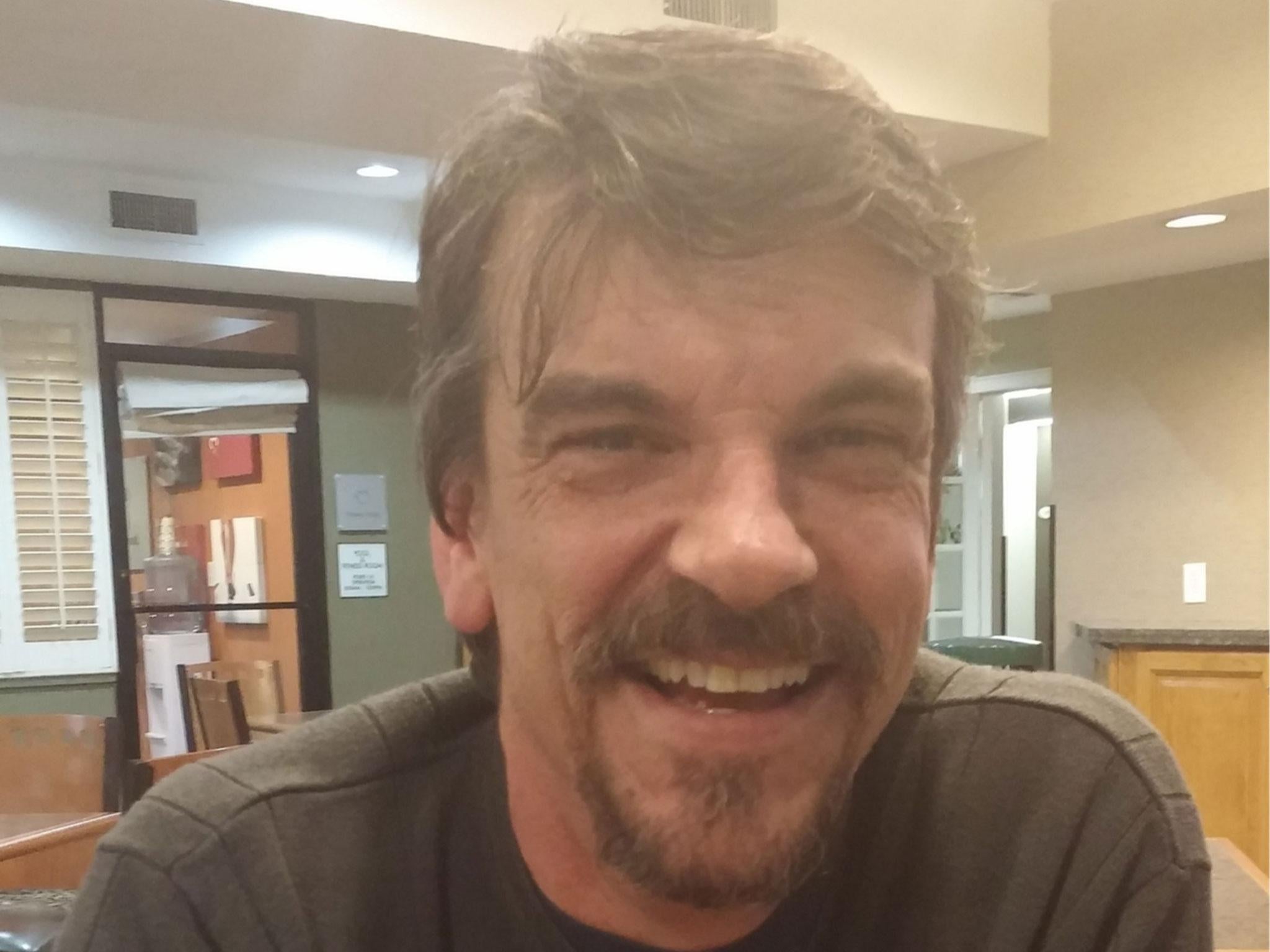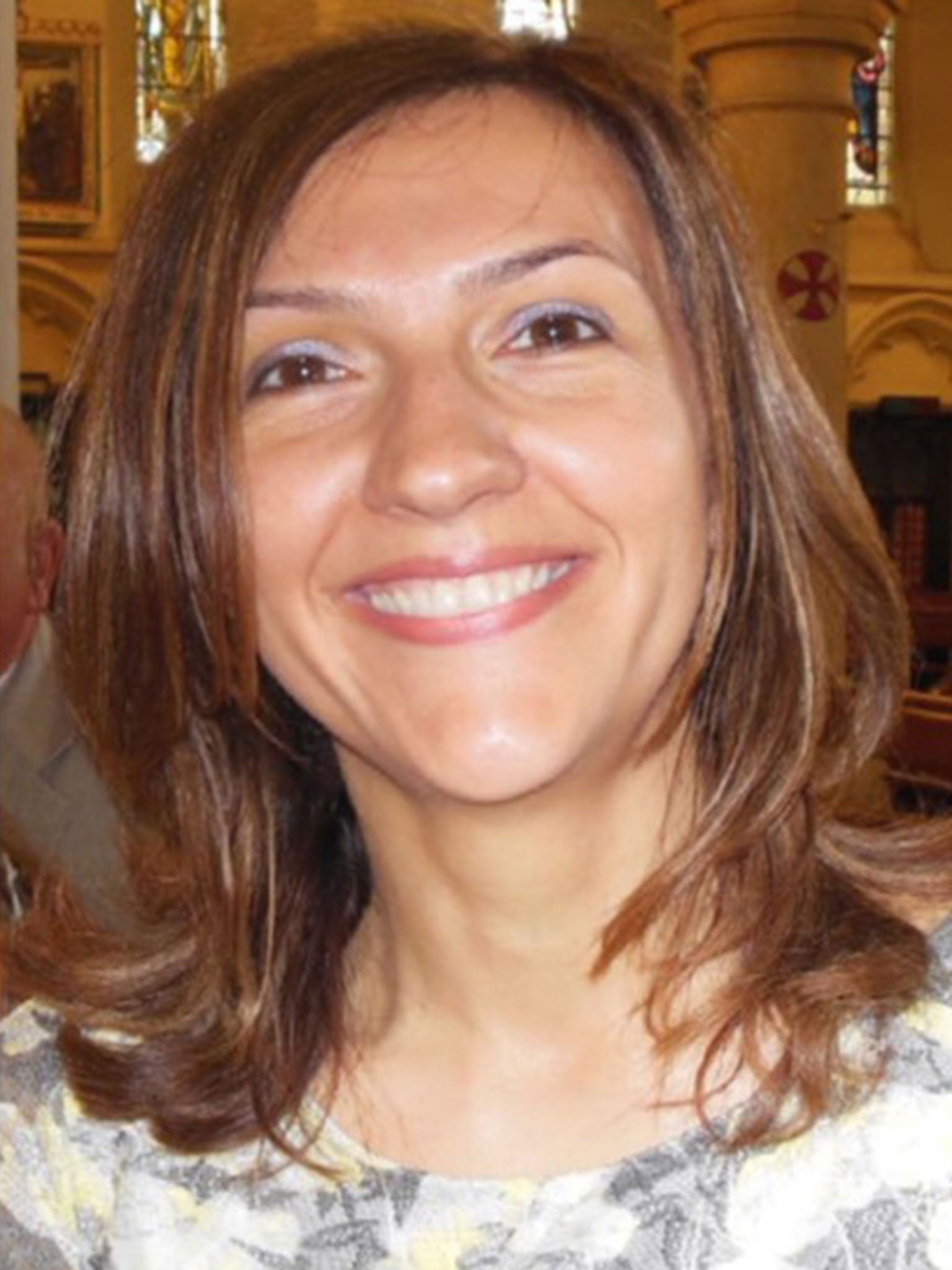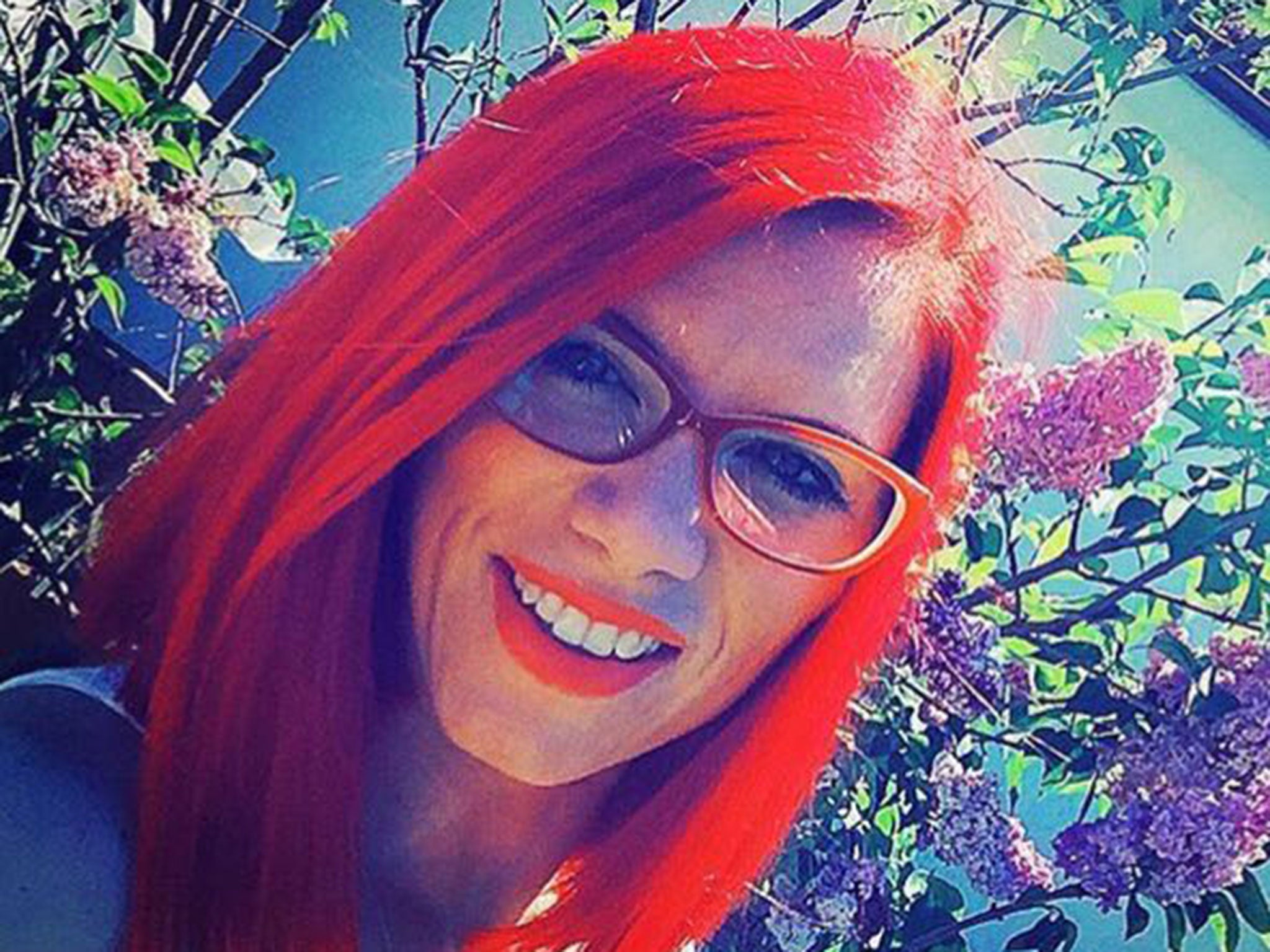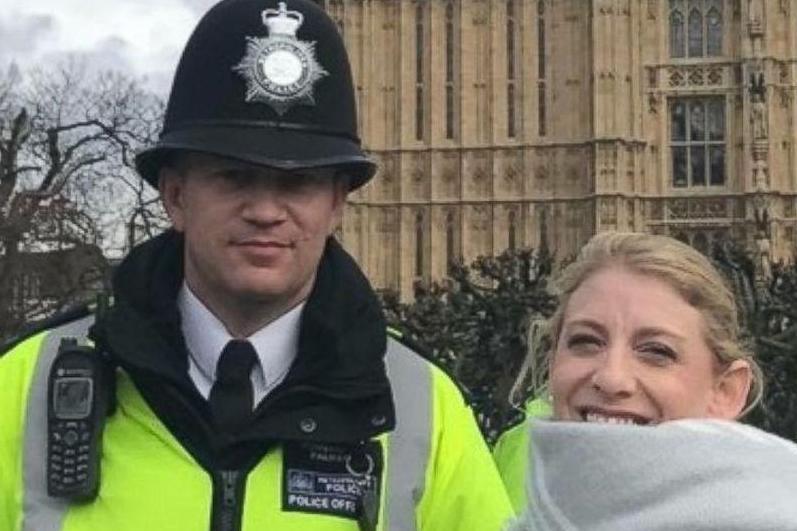'Brutally ripped away from us': Remembering the five victims who died in Westminster terror attack
Victims were going about their day 'as if it was any other', coroner says
The tourists, politicians and Londoners swirling around Westminster on 22 March last year were going about their lives “as if it was any other day” until a terrorist launched the first Isis-claimed attack in Britain.
Judge Mark Lucraft QC, the chief coroner of England and Wales, said: “They were all there to enjoy the day. For many, it would have been their first time of seeing those sights; for others a return visit, and perhaps sharing their favourite views with friends. Others were in the area for work, or for business.”
Khalid Masood struck the heart of Britain and a global symbol of democracy in his car and knife rampage, which left five victims dead and many more injured.
Those killed represented the diversity of the capital – a retired Londoner, a mother on her way to collect her children from school, tourists from the US and Romania, and a police officer who died protecting the Houses of Parliament.
Inquests into their deaths heard moving tributes from loved ones that detailed their lives before they were brutally cut short.
Kurt Cochran
The American tourist had been celebrating his 25th wedding anniversary with his wife in London when they were walking across Westminster Bridge.
CCTV footage played to the Old Bailey showed Mr Cochran pushing his wife away from the car’s path in the second before he was fatally struck.
The 54-year-old was thrown over the bridge and dropped more than 5 metres to the embankment walkway below, where he was later pronounced dead from his injuries.
In a statement read to the court by her sister, Ms Cochran called her husband “my inspiration, my rock star and above all my hero”.
“I was so lucky to have had 25 wonderful years with the man of my dreams. He made me laugh every single day,” she said.
“I am forever grateful for the time we had together, allowing me to be the mother to his children and especially his heroic actions on that day, saving my life.”
The music lover had founded a recording studio with his wife and two close friends, fulfilling a lifelong dream.
Ms Cochran, who lives in Utah with their two sons, added: “I am saddened and sick of the hatred in the world, I wish everyone had Kurt’s love and compassion for others.”
Detective Superintendent John Crossley, the Metropolitan Police’s senior investigating officer for the attack, said Mr Cochran was the first victim to be fatally struck by Masood.
“Kurt could clearly see the vehicle coming towards them and pushed Melissa out the way,” he added, praising his “instinctive courage’’.
The victim suffered multiple bruises, fractures and brain injuries from which he could not have survived, pathologist Dr Simon Poole said.
Judge Lucraft found that despite “valiant of efforts” by paramedics, Mr Cochran was declared dead at 3pm on the day of the attack.

Leslie Rhodes
The retired window cleaner and lifelong Londoner was on his way home from nearby St Thomas’s hospital when he was hit by Masood and dragged for 33 metres.
The 75-year-old was taken to King’s College hospital but he never regained consciousness and died of head injuries the following day.
Dr Gareth Lloyd rushed over to help when he saw Masood drive “erratically” onto the pavement and hit three pedestrians, including Mr Rhodes.
“I recall thinking that this would be a significant injury for an adult of any age, for an older man the potential for significant life-threatening injury was severe,” he said.
A CT scan revealed the extent of the damage to his brain as well as multiple injuries to his chest, pelvis, spine and knees.
Mr Rhodes was transferred to intensive care and died at 8.44pm on 23 March.
Pathologist Dr Ashley Fegan-Earl said there was no issue about his treatment and he would not have survived his injuries if he had got to hospital sooner.
Mr Rhodes’ niece, Amanda Rhodes, described him as a “placid, quiet, and kind” man who liked cricket, the group Queen, cycling and growing tomatoes.
Despite his advancing years, he was fit and continued to climb ladders and ride his bicycle.
“Everyone loved him. He would do anything to help anyone who needed it,” Ms Rhodes said.
“We were devastated and incredibly angry that this had happened to Les ... He will be greatly missed.”
Aysha Frade
Masood next struck Aysha Frade, a 44-year-old British woman of Spanish heritage who was walking over the bridge on her way to pick her children up from school.
She was hit from behind and thrown 17 metres down the road, where she was run over by the rear wheels of a bus and suffered catastrophic head injuries that killed her instantly.
A pathologist said that the initial strike from Masood’s car was so severe that he suspected Ms Frade “would have died had she not even been thrown under the bus”.
In a moving tribute made to the inquest, her husband John described how he was immediately struck by her warm expression when the pair met in a gym bar in 1996.
He said: “The first thing I remember about Aysha was her gorgeous smile. She doesn’t only smile with her mouth, but with her eyes too, similar to the early spring sun popping out from behind a cloud, warming your soul, energising you to believe that almost anything is possible.”
Born to a Turkish Cypriot father and Spanish mother, Aysha grew up in west London, close to Portobello Road market.
The inquest heard Ms Frade “lived and breathed for her daughters” – the youngest of whom was born in 2009 – and her husband was in awe of the balance she struck “between tender care and discipline”.
He told the court that she was also a loving daughter to her ageing mother, whom she visited every day.
Ms Frade’s relatives told how she had raised fears over terror attacks after her job at DLD College moved to Westminster.
Her sister, Michelle, told the court: “She said she was worried about terror attacks, which we shrugged off and put it down to her usual nervousness. We said if anything she would be in the safest part of London.”
Mr Frade said: “She worried about the new location of campus, moments away from parliament ... She asked me several times, ‘What if anything were to happen in Westminster?’”
He said he could never have imagined “the odds of something happening to Aysha at that precise spot at that exact moment, innocently walking away from a job she cherished on her way to pick up her children who she emphatically loved above all else in this world”.
Mr Frade said his wife’s spirit would live on through their two daughters, adding: “We loved being a family, the four of us together, always ... She was cruelly and brutally ripped away from us.”

Andreea Cristea
The last victim fatally struck was 31-year-old Romanian interior designer Andreea Cristea, who was on holiday in London with her boyfriend.
The inquest heard that she had just taken a photo from Westminster Bridge when Masood struck her, throwing her into the River Thames 12.5 metres below.
Ms Cristea, whose boyfriend was also injured, was recovered from the water by boats almost 9 minutes later but could not be saved.
Staff on a City Cruises tourist boat spotted her first but the captain believed her to be dead already and said they could not recover the body.
The boat transferred Ms Cristea to a London Fire Brigade boats within minutes and the coroner concluded that the delay would not have made a significant different to her prognosis.
She survived in intensive care for two weeks, during which her family described the “excruciating” pain of clinging to the vain hope of her recovery, but she died on 6 April.
Born in Bucharest on 10 September 1985 to a doctor father and pharmacist mother, Ms Cristea was the baby of the family and “spoiled rotten” as a child, according to her sister, before growing into “a very beautiful young lady”.
Before her death the devoted auntie to her two nephews was saving to buy her own house and hoped to start a family of her own.
She had a thriving interior design business, and outside work loved travelling abroad to experience new cultures, as well as having a passion for sport and fitness.
Her family said the pain of her loss “cannot be expressed in words”.
Relatives read out a note Ms Cristea wrote on New Year’s Day 2017, describing her plans to buy her first house, continue her business success and start a family.
“The year 2017 will be the best year of my life from every point of view,” she said.
“I will have a wonderful man by my side, who will love and cherish me, and with this man I will start a wonderful family.”

PC Keith Palmer
Masood crashed his car into gates outside the Houses of Parliament, ran into the carriage gates vehicle entrance and stabbed PC Palmer to death before being shot by officers.
Footage showed Masood pursuing PC Palmer as he tried to run away, and stabbing him repeatedly after he fell to the ground.
The officer was able to run a short distance after the terrorist was distracted by two of his colleagues, but collapsed.
Minister Tobias Ellwood, police officers and paramedics came to his aid, with an air ambulance doctor carrying out open chest surgery.
But PC Palmer was pronounced dead at the scene at 3.15pm from a wound that penetrated his lung and heart, causing fatal hemorrhaging.
The married father-of-one joined the force because he wanted to “make a difference”, his sister Angela Clarke told the inquest.
He would help his friends and families with household jobs like mowing grass or building walls and loved family gatherings, she said.
The best day of his life was when his daughter was born and he went on to become a “proficient nappy changer” as he took to fatherhood.
Ms Clarke described the officer as a “funny” man who loved his work with the Metropolitan Police, having taken up his job at the Palace of Westminster for a new experience and to spend more time with his wife and daughter.

“He died while protecting strangers while doing his job,” she added. “His family and friends remember him as a funny, caring, loving family member. The very best father, son, brother and friend.”
Three of PC Palmer’s former police colleagues also paid tribute to the decorated officer, who was named “thief-taker of the year 2015”.
PC Shaun Cartwright described him as a happy, honest and genuine family man who worked in his “dream job” as a police officer to provide for his wife and daughter.
As the “face of British policing”, he was also popular with tourists who flocked to the Palace of Westminster, PC Nick Carlisle said.
Chief Inspector Neil Sawyer paid tribute to Pc Palmer’s “ultimate sacrifice”.
He said: “His brave actions that day did not surprise me. Keith never backed away from a job protecting people.”
While many would remember him for his “brave actions” and “ultimate sacrifice”, Mr Sawyer said: “To me and others he was our dear friend.”

